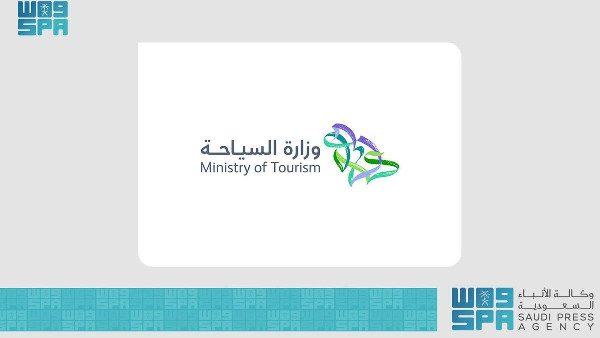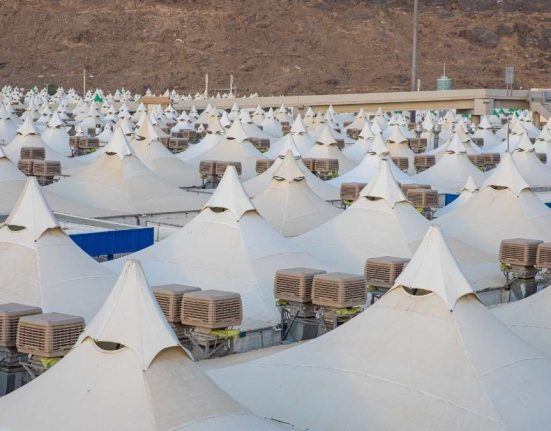The Ministry of Tourism in the Kingdom of Saudi Arabia has provided further clarification on its recently introduced hotel stay policy, which sets the standard duration for guest accommodation at 20 hours. The move, which has stirred conversations within the hospitality and tourism sectors, is aimed at enhancing operational efficiency while also improving the overall visitor experience in line with global best practices.
According to the Ministry, the 20-hour stay model is not a reduction in value but rather a strategic shift designed to offer more flexibility in check-in and check-out times, reduce idle room hours, and optimise hotel room turnover. Officials noted that under the new guideline, guests can still enjoy full-day access to hotel facilities, with customised check-in times that reflect their travel needs, especially for international visitors, pilgrims, and transit tourists arriving at irregular hours.
The policy, which forms part of broader reforms under Saudi Arabia’s Vision 2030 initiative, aligns with efforts to modernise the Kingdom’s tourism sector and make it more competitive globally. With millions of visitors expected annually for religious tourism, leisure, and business, the Tourism Ministry stated that clear and standardised accommodation rules are essential for maintaining service quality across hotels of all classes—from budget to luxury.
Saudi authorities also emphasised that hotels are still permitted to offer longer stays where necessary, and that the 20-hour guideline serves as a flexible benchmark rather than a hard cap. The Ministry explained that it allows room for hotels to craft bespoke packages that suit the preferences of different market segments, while also encouraging efficient room management and improved guest satisfaction.
Industry operators have been directed to clearly communicate the new stay model to guests at the point of booking, ensuring transparency and alignment with global hospitality norms. Meanwhile, hotel operators who may struggle with the transition have been urged to seek technical support from the Ministry and affiliated tourism development agencies.
The clarification comes as Saudi Arabia intensifies its drive to become a leading global destination, with significant investments in infrastructure, new visa regimes, and high-profile tourism projects such as NEOM, The Red Sea Project, and the Diriyah Gate development. Officials maintain that policies such as the 20-hour stay rule are not only about logistics but also about building a service culture that reflects the Kingdom’s hospitality values and ambitions.
As the Kingdom continues to welcome a growing influx of tourists, pilgrims, and business travellers, stakeholders in the hospitality sector are expected to adapt to new models that prioritise efficiency, service delivery, and guest-centric innovation.


